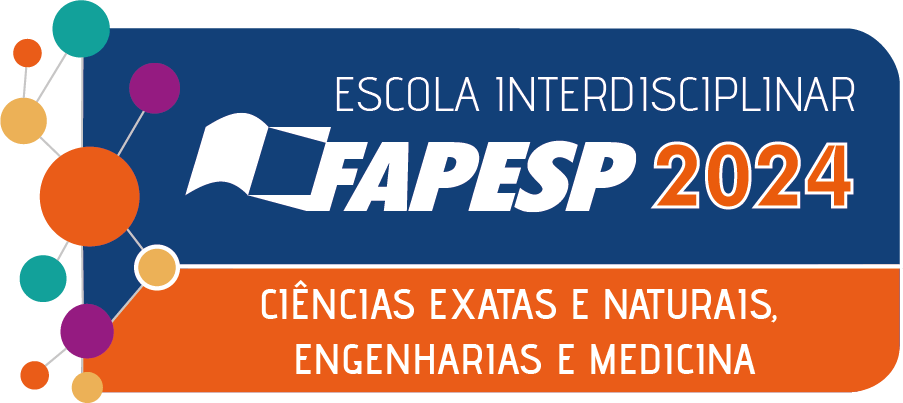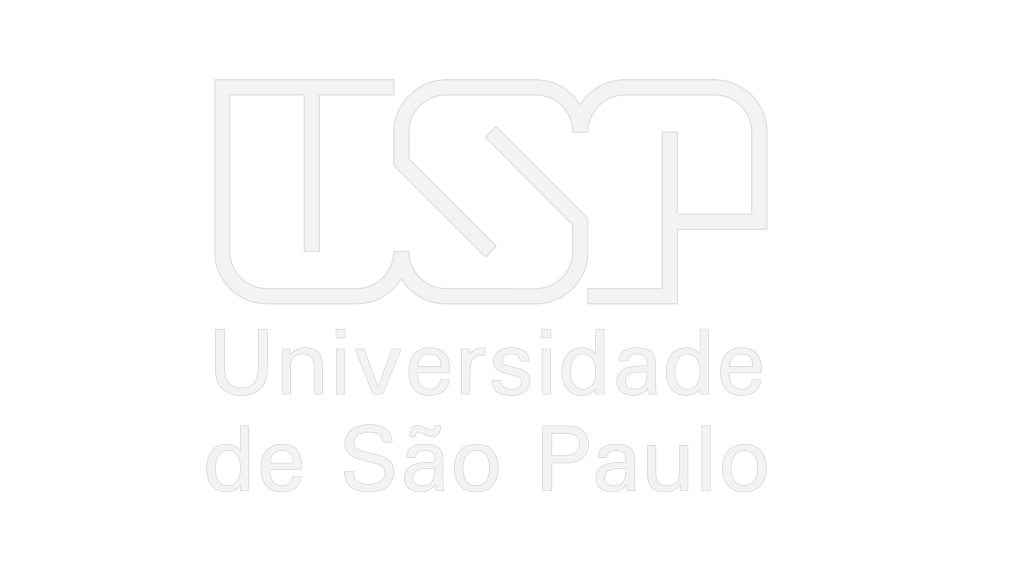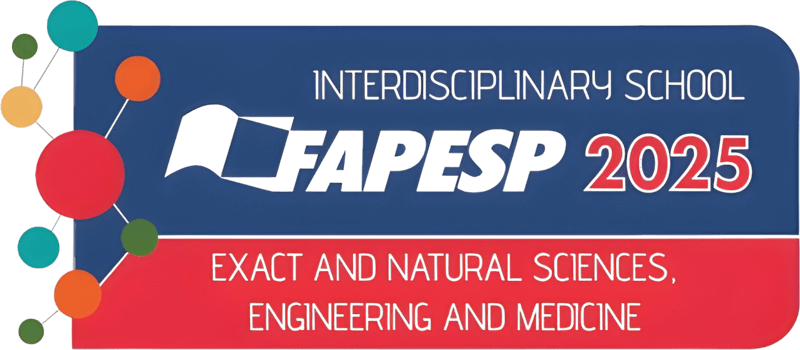André C. Ponce de Leon F. de Carvalho

André C. Ponce de Leon F. de Carvalho
Director of the Institute of Mathematical and Computer Sciences at the University of São Paulo, São Carlos Campus
Lecture
Artificial Intelligence: when, what, how and why
With all the attention it has received in the last years and its widespread use in several application domains artificial Intelligence is in its golden age. In this talk, after briefly presenting the beginning of the area and introducing the main basic aspects of artificial intelligence, with a focus on machine learning, I will discuss how the area has evolved, pitfalls and success, where artificial intelligence has been successfully used, what is the international scenario, and the situation of artificial intelligence in Brazil, and what are the main risks and opportunities. During the talk, I briefly show some applications of artificial intelligence in different areas.
Minibio:
Full Professor at the Institute of Mathematical and Computer Sciences, University of São Paulo (ICMC-USP), Campus São Carlos, CNPq Research Productivity Fellow 1A. He is coordinator of the IARA network, Artificial Intelligence Recreating Environments. He was Vice-President of the Brazilian Computer Society (SBC), from 2019 to 2023, member of the CNPq Computer Science Advisory Committee (CA-CC), from 2018 to 2021 (coordinator from 2019 to 2020). From 2013 to 2017, he was member of the board of the International Association for Statistical Computing (IASC), of the International Institute of Statistics.He holds a Bachelor’s degree (1987) and a Master’s Degree in Computer Science (1990) from the Federal University of Pernambuco, and a PhD in Electronic Engineering from the University of Kent (1994). His main research interests are Machine Learning, Data Mining and Data Science, with applications in various areas. Author of several books, including Inteligência Artificial: Uma abordagem de Aprendizado de Máquina, published by GrupoGen in 2011 and Jabuti Award in 2012, and A General Introduction to Data Analytics, published by Wiley, in 2018.Evaluates projects for national research funding agencies, CAPES, CNPq, FAPESP, FACEPE, FAPEMIG, FINEP and Fundação Serrapilheira, and international, NSERC (Canada), The Leverhulme Trust (UK), EPSRC UK), GACR (Czech Republic), CONICYT (Chile), Croatian Science Foundation (Croatia) and MIUR (Italy). He is Dean of ICMC-USP and the Center for Applied Mathematical Sciences for Industry at USP. He was member of the CNPq Computer Science Advisory Committee (CA-CC), of the Consultative Council of the MCTI-EMBRAPII network on Innovation in Artificial Intelligence, of the Science for Education Network (CpE), of the International Network for Government Science Advice (INGSA), of the University Council of the Universidade de São Paulo, of the Advanced Institute for Artificial Intelligence (AI2) and of the Strategy and Partnerships Board of the UKRI Centre for Doctoral Training in Accountable, Responsible and Transparent AI (ART-AI), at University of Bath, UK. Associate member of the Artificial Intelligence Institute – Te Ipu o te Mahara of the University of Waikato, New Zealand and of the Governance Group of the Brazilian Strategy of Artificial Intelligence (EBIA) of the Ministry of Science, Technology and Innovations, of the Technological Council of the Fund Management Association Equity Chronos (CHRONOS) and of the Governance Committee of Geographical Indications (IG) São Carlos. Member of the UK Expert Advisory Panel of State of Science Report for the risks associated with frontier AI

Participants
Organization and sponsorship

Collaboration



© 2024 – 2025 Escolas FAPESP. Developed by WebContent

